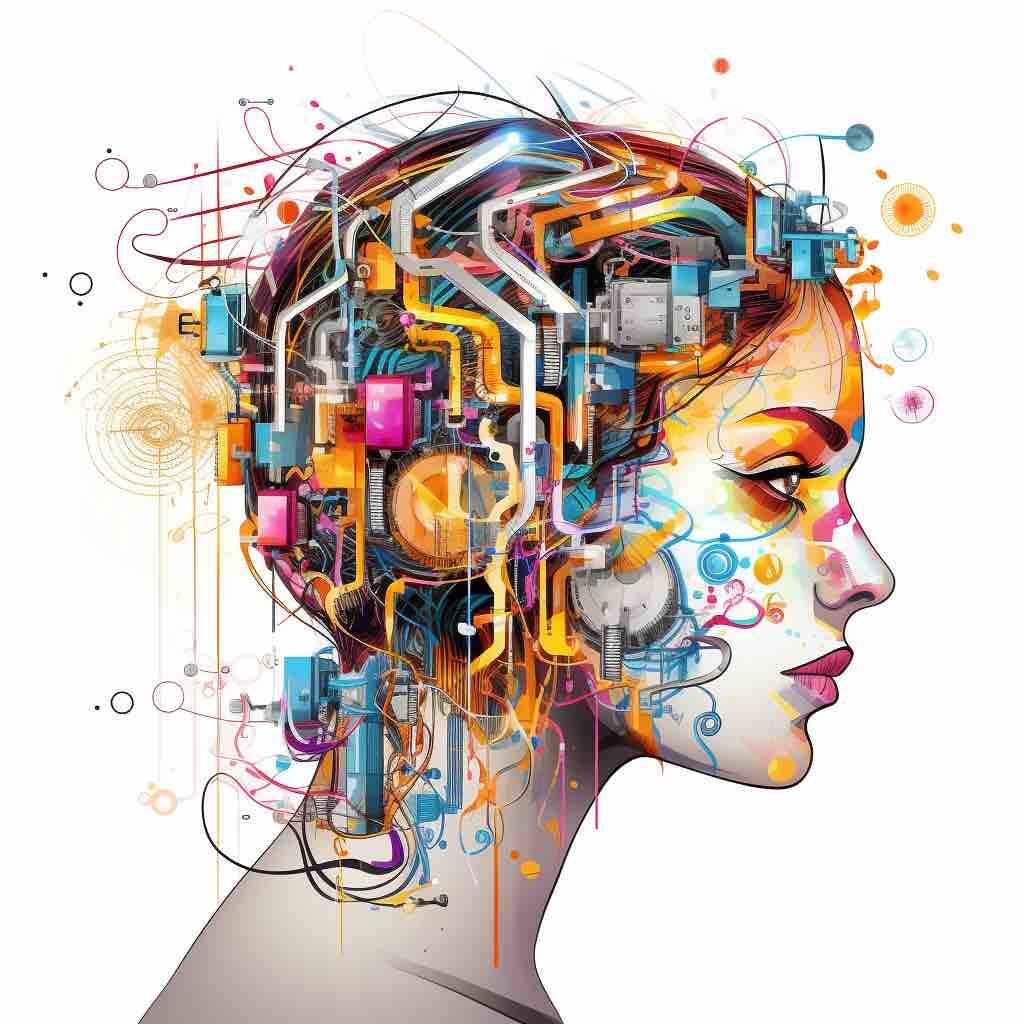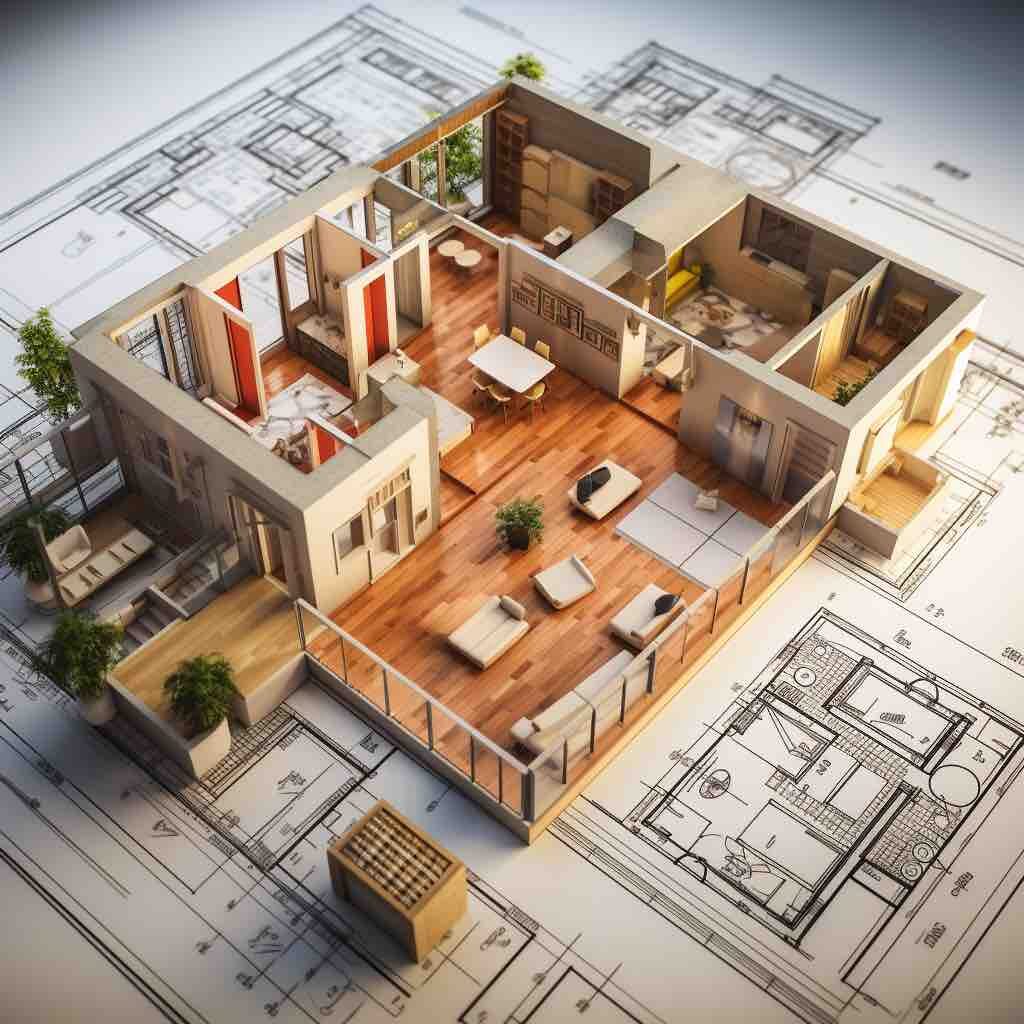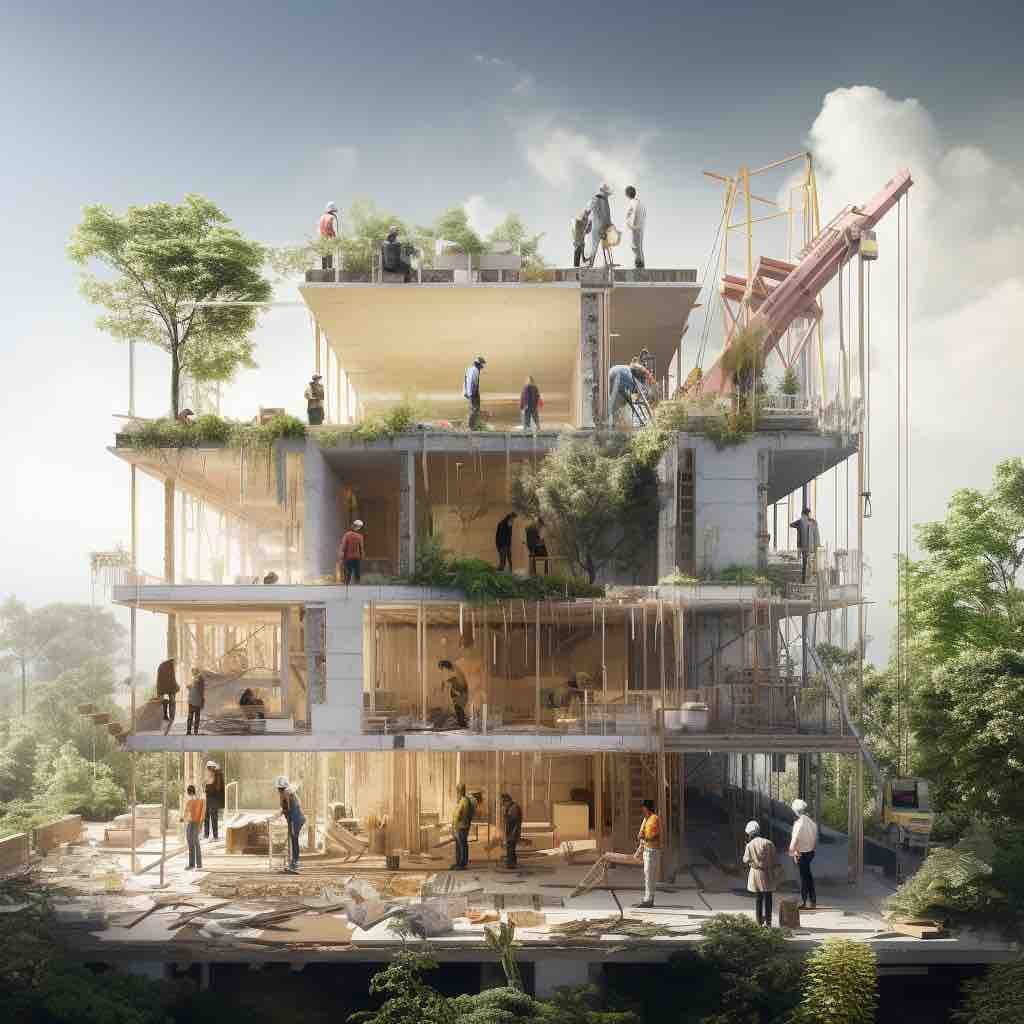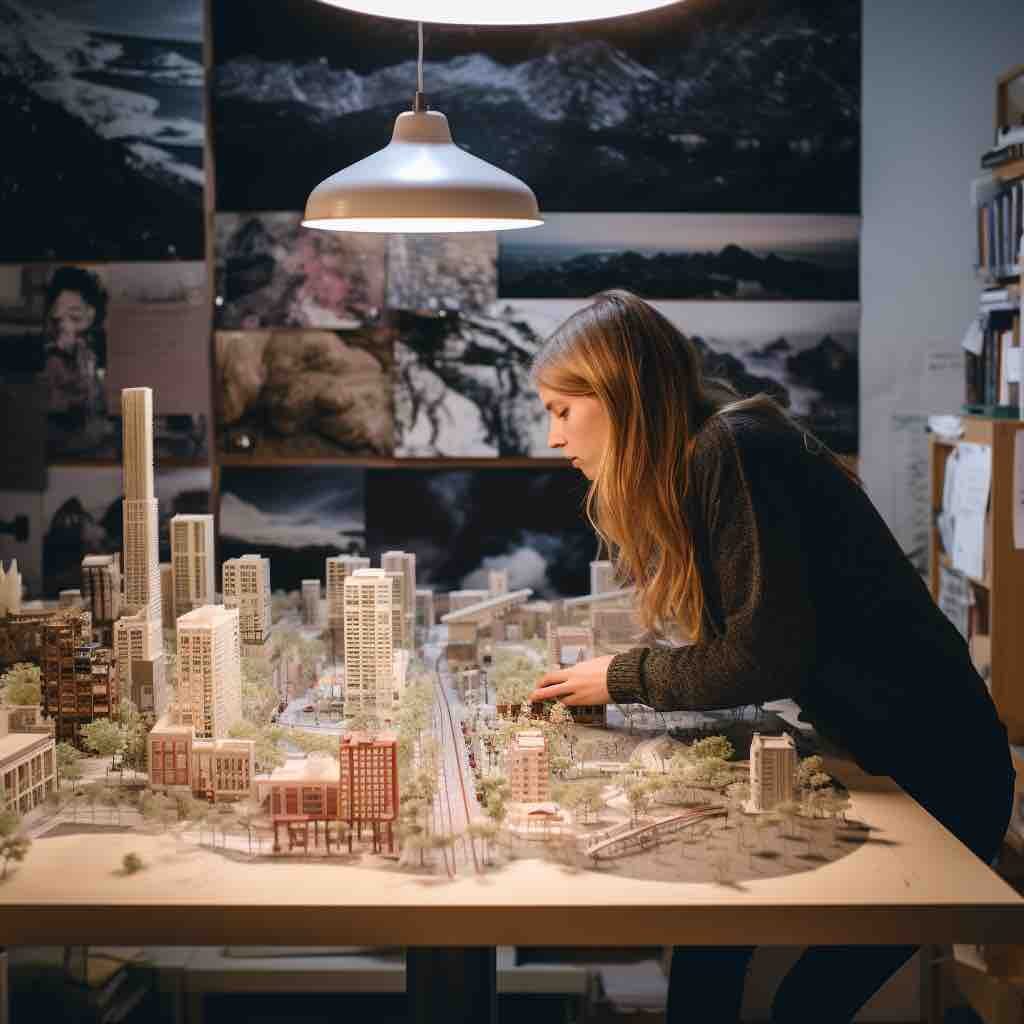should architects be worried about AI taking over their jobs?
While AI has the potential to automate certain tasks and enhance the capabilities of architects, it is unlikely to completely replace them. Architects should not be overly worried about AI taking over their jobs. Here’s why:
1. Creativity and design expertise: Architecture is a highly creative field that requires innovative thinking, conceptualisation, and design expertise. While AI can assist with design optimisation and generation of alternatives, it does not possess the human ability to think critically, imagine new possibilities, and understand the nuanced needs and preferences of clients. Architects bring a unique blend of artistic vision and technical knowledge that AI cannot replicate.

2. Complex decision-making: Architecture involves complex decision-making processes that require a deep understanding of cultural, social, environmental, and contextual factors. Architects consider various aspects, such as building codes, regulations, site conditions, and user requirements, to create holistic design solutions. AI can provide data-driven insights and recommendations, but the final decisions and judgments are made by architects who consider multiple factors beyond pure data analysis.

3. Client collaboration and communication: Architects often work closely with clients to understand their vision, goals, and aspirations. Effective communication, interpretation, and collaboration are crucial in the architectural process. While AI can assist in visualizing designs and creating virtual environments, the human element of understanding and empathizing with clients’ needs is vital for successful outcomes.

4, Ethical and moral considerations: Architecture is not solely about creating functional spaces but also involves ethical considerations, cultural sensitivity, and social impact. Architects have a responsibility to design buildings that are safe, accessible, and environmentally sustainable. AI lacks the capacity for moral judgment and may not adequately address these complex ethical considerations without human oversight.

5. Adaptability and problem-solving: Architects often encounter unique challenges and unforeseen circumstances during projects. They need to adapt, think on their feet, and come up with innovative solutions. AI, while proficient in analyzing large amounts of data, may struggle with novel or unprecedented situations. Architects bring problem-solving skills, adaptability, and the ability to incorporate diverse inputs to overcome challenges.

6. Client trust and relationships: Architecture is a client-centric profession where trust and relationships play a significant role. Clients rely on architects not only for their design expertise but also for guidance, communication, and project management. AI cannot build the same level of trust and rapport with clients as human architects can.

Instead of viewing AI as a threat, architects can embrace it as a powerful tool to enhance their capabilities, streamline processes, and explore new design possibilities. By leveraging AI technologies, architects can focus more on creative and strategic aspects of their work, while AI assists with time-consuming tasks and data analysis. The collaboration between architects and AI can lead to improved design outcomes and a more efficient architectural practice.
Interesting fact: all of the above images were created using the Ai image generating tool MidJourney. I think it’s safe to say, the profession as we know it will never be the same again.